Top 10 stories in 2023
It's that time of the year again! Every digital news outlet (including this one!) takes the opportunity as the calendar wraps up to unearth the most-read stories of the year and put them front and center once again.
In our case, it's not hard to see what members of the American Society for Biochemistry and Molecular Biology value most: Our readers ate up stories about science, careers and the successes of their colleagues. And that pleases us, because that's what ASBMB Today is all about.
So enjoy these top reads as you fill up on food, fun, friends and family in these final days of 2023.
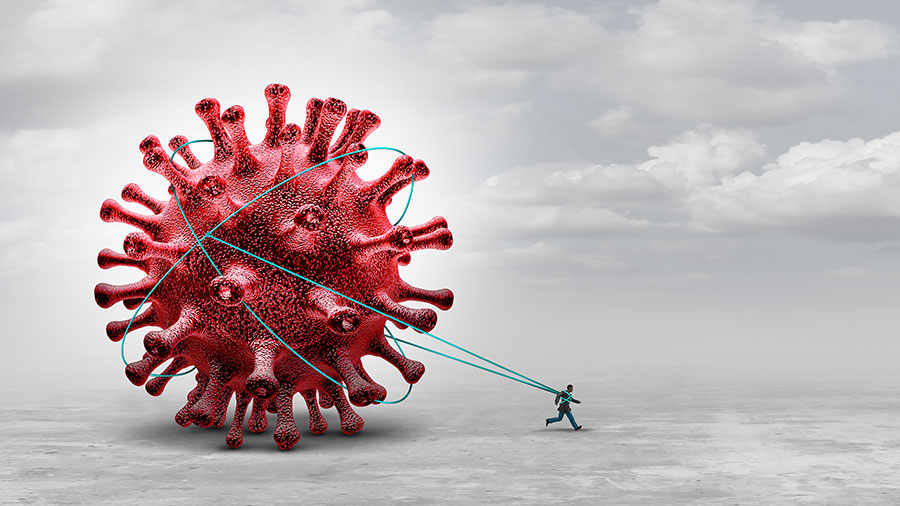
1. Finding a way to combat long COVID
By Marissa Locke Rottinghaus | Recent study reveals neurodegenerative biomarkers after COVID-19, gives clues for monitoring and potential treatment.

2. The silent toll of unpromotable work
By Courtney Chandler | Extra commitments are everywhere in academia. Many take time and effort but do not advance a faculty member’s career.

3. Making the leap from academia to industry
By Teisha Rowland | Ater many years in academia, in 2021 the author became a principal scientist at a small biotech startup, Umoja Biopharma. Since then, multiple postdocs and even professors have asked her: How did you make it happen?
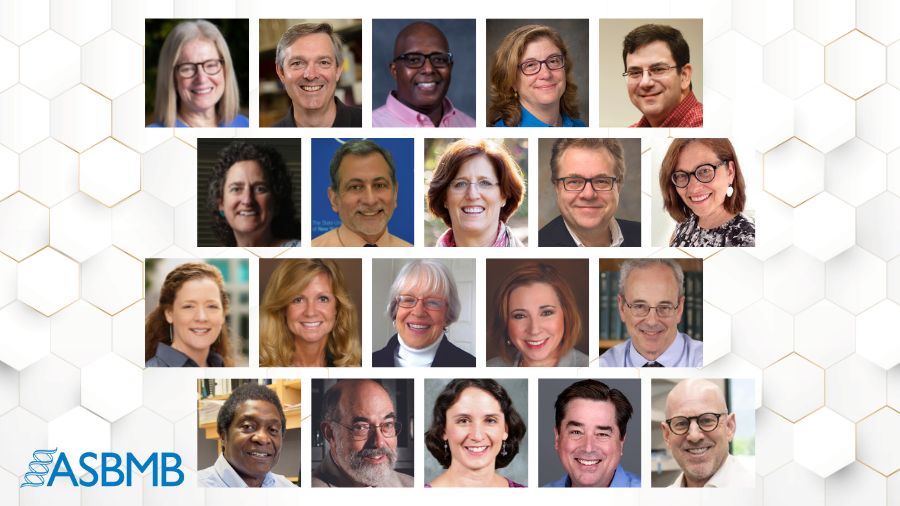
4. ASBMB names 2023 fellows
By ASBMB Today Staff | They were recognized at the society’s annual meeting, Discover BMB, in Seattle.
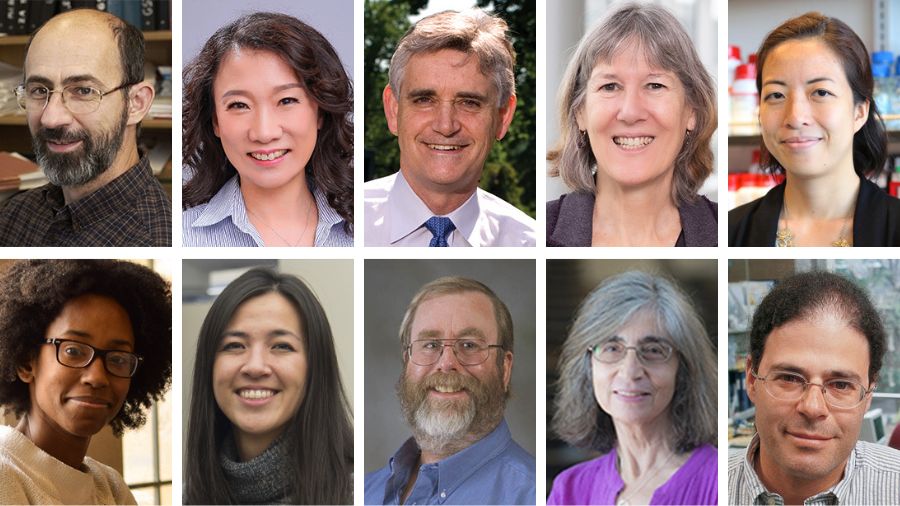
5. ASBMB names 2024 award winners
By ASBMB Today Staff | Don’t miss their lectures at #DiscoverBMB in March in San Antonio.

6. Six tips for writing an effective recommendation letter
By Lisa Nivison-Smith | Recommendation letters can have a significant impact on an individual's chances of securing research grants, academic positions or awards. However, researchers and academics receive almost no training in how to write them.

7. 2023 holiday gift guide
By Allison Frick | We hope these suggestions will help you check some of your favorite scientists off this year’s gift list.

8. New form of omega-3 could prevent visual decline with Alzheimer’s disease
By Anne Frances Johnson | By crossing into the retina, new DHA supplement achieves what previous ones could not.
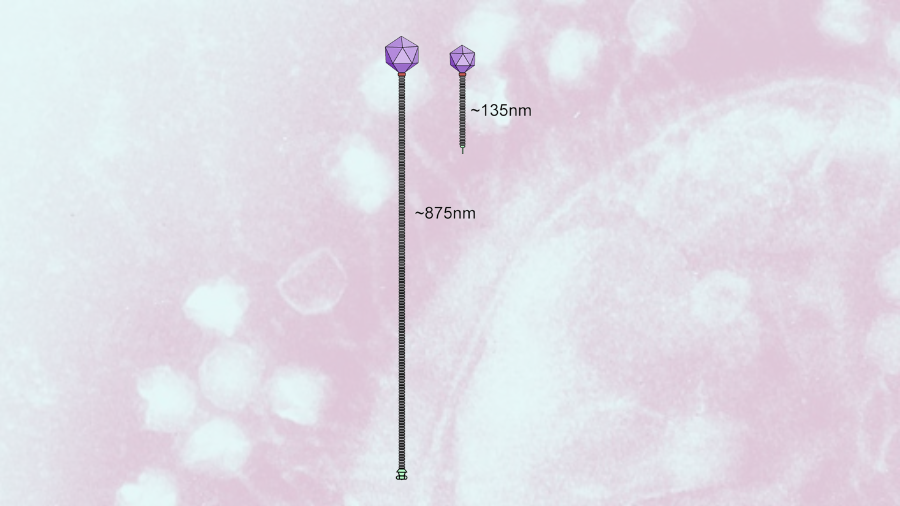
9. The ‘Rapunzel’ virus: an evolutionary oddity
By Marissa Locke Rottinghaus | Extremely long tail provides window into how bacteria-infecting viruses assemble.
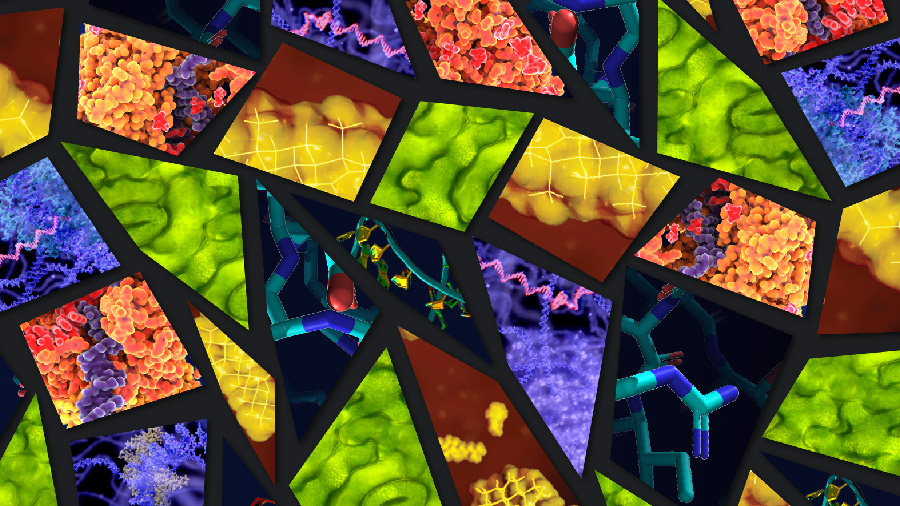
10. MOSAIC changes the landscape
By Laurel Oldach | This training program unites postdocs and professors with goals of diversity, equity and inclusion in academia.
Enjoy reading ASBMB Today?
Become a member to receive the print edition four times a year and the digital edition monthly.
Learn moreFeatured jobs
from the ASBMB career center
Get the latest from ASBMB Today
Enter your email address, and we’ll send you a weekly email with recent articles, interviews and more.
Latest in Careers
Careers highlights or most popular articles
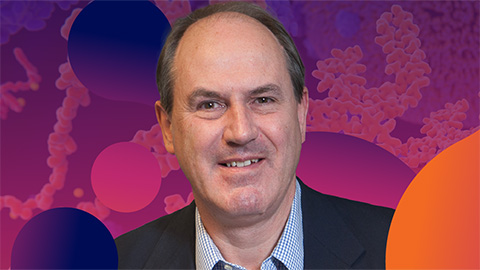
Defining JNKs: Targets for drug discovery
Roger Davis will receive the Bert and Natalie Vallee Award in Biomedical Science at the ASBMB Annual Meeting, March 7–10, just outside of Washington, D.C.
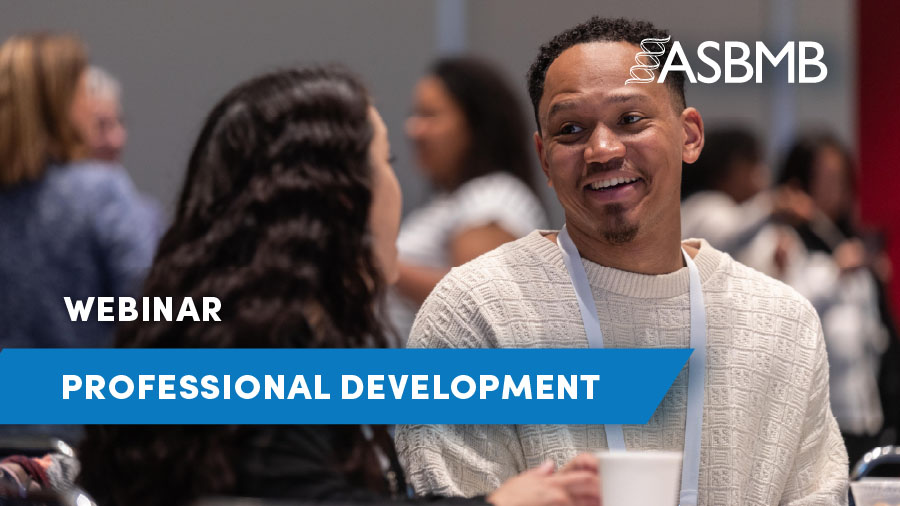
Upcoming opportunities
No matter where you are in your career and what future path you aspire to, everyone needs leadership skills. Join ASBMB for practical strategies for building and practicing leadership skills.

Close out ASBMB 2026 with a bang
The closing reception of the 2026 ASBMB Annual Meeting will be held at the Torpedo Factory Art Center in Alexandra, Virginia.

Redefining lipid biology from droplets to ferroptosis
James Olzmann will receive the ASBMB Avanti Award in Lipids at the ASBMB Annual Meeting, March 7–10, just outside of Washington, D.C.

Creating change in biochemistry education
Pamela Mertz will receive the ASBMB William C. Rose Award for Exemplary Contributions to Education at the ASBMB Annual Meeting, March 7-10 in Washington, D.C.

Trainee mentorship as immortality
Suzanne Barbour will receive the ASBMB Sustained Leadership Award at the ASBMB Annual Meeting, March 7-10 in Washington, D.C.

